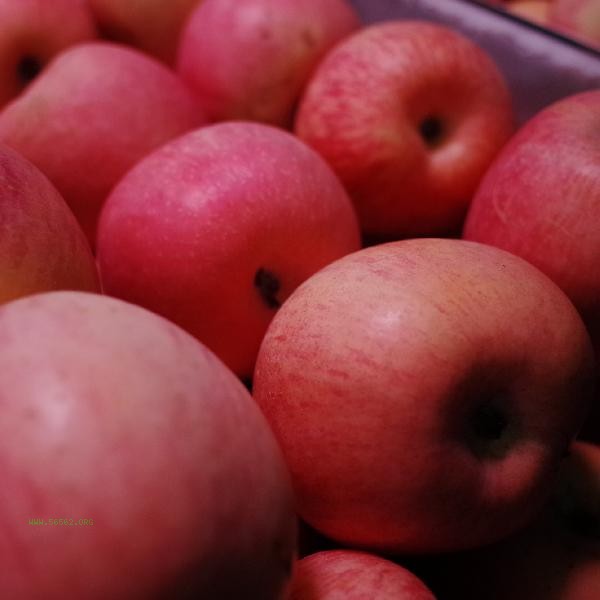The phenomenon of apples not oxidizing may be better in certain situations, but long-term non oxidation may indicate human intervention or variety characteristics. Apple oxidation is a natural reaction of phenolic substances in contact with air, and non oxidation may affect taste retention or reflect preservative treatment. The color retention of apples after cutting is usually related to the variety characteristics or processing methods. Some apple varieties such as Red Fuji have low polyphenol oxidase activity and slow oxidation rate, which is a natural phenomenon that is harmless to health and can retain more vitamin C. Apples treated with food grade antioxidants such as ascorbic acid can also delay browning and meet food safety standards, making them suitable for ready to eat or takeaway scenarios. But if there is no oxidation and no treatment trace at room temperature for a long time, we need to be alert to the risk of illegal addition of sulfite and other illegal preservatives. The non oxidation caused by manual intervention may pose health risks. Excessive use of sulfite by vendors can inhibit oxidation but damage vitamin B1, and long-term intake may cause headaches or allergic reactions. Although some wax coatings can block oxygen, they may be mixed with industrial wax, which increases the burden on the gastrointestinal tract after ingestion. The industrial production of genetically modified anti browning apples reduces enzyme activity through gene editing, and their long-term safety still needs more research data support. Consumers can distinguish by observing the texture and odor of the fruit pulp, and naturally antioxidant apples will still slowly change color and have no odor.

It is recommended to choose apples with slight oxidation for freshness and safety. After cutting, they can be soaked in salt water or coated with lemon juice to delay browning. During daily storage, keep the skin intact and refrigerate to avoid purchasing products with abnormally bright surfaces or those that do not change color after prolonged storage. If any abnormal reactions such as oral mucosal irritation are found after consumption, the consumption should be stopped immediately and medical examination should be sought. A reasonable understanding of the oxidation characteristics of apples can provide both nutritional benefits and potential risks.










Comments (0)
Leave a Comment
No comments yet
Be the first to share your thoughts!